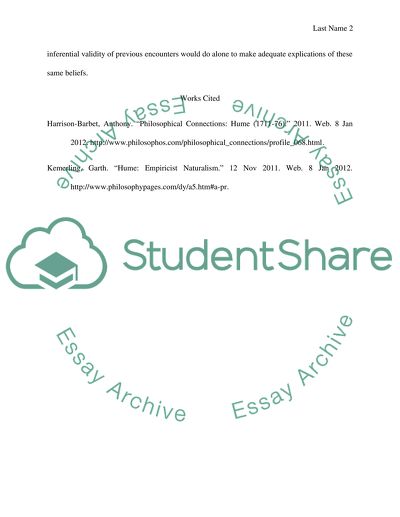Retrieved de https://studentshare.org/philosophy/1587410-explain-the-distinction-between-a-priori-and-a-posteriori-knowledge-which-concern-matters-of-fact-according-to-hume-and-why-exactly-does-hume-think-we-have-no-knowledge-of-these-mattersremember-to-give-both-pieces-of-humes-argument
https://studentshare.org/philosophy/1587410-explain-the-distinction-between-a-priori-and-a-posteriori-knowledge-which-concern-matters-of-fact-according-to-hume-and-why-exactly-does-hume-think-we-have-no-knowledge-of-these-mattersremember-to-give-both-pieces-of-humes-argument.


